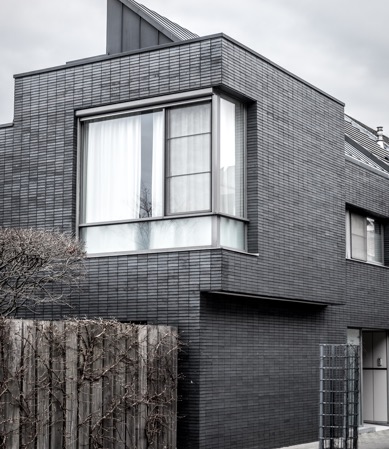Who We Are
We are a boutique legal team with a unique approach to law based on our genuine desire to provide excellent service. Because we care about what we do and who we do it for, we ensure that our legal solutions are tailored to the specific needs, wants and goals of each of our clients.
Our team consistently achieves the best possible outcomes for our clients by combining our decades of collective experience with technical excellence and, of course, exceptional client service. We make sure we are always available when and where our clients need us.

Our Approach
Communication
Our team is always ready to listen so that we can truly understand what our clients want and need. In response, we make sure our advice is clear, practical and easy to understand.
Experience
Our wealth of experience and dedicated focus to our specialist areas of practice guarantees that our clients will always receive prompt and expert service.
Certainty
Nobody likes surprises when it comes to legal fees. That’s why we provide a flexible approach to fees. Some cost solutions we offer include guaranteed fixed fees, tiered discounts and packaged pricing.
How we can help you
We understand that it can be challenging dealing with seniors living and property matters. Our specialist service offering is designed to allow us to reduce the challenge and worry so that you can focus on what is really important.

Retirement Living for Operators & Park Owners
We work with clients to maintain thriving communities by drafting great documents & proactively resolving disputes.

Retirement Villages for Residents
Our extensive sector specific knowledge provides clients and their families with certainty when buying and selling.

Wills, Estates and Probate
We help with all aspects of estate planning and management so you don’t have to worry.

Property
We work across all areas of property to provide comprehensive solutions for leasing, development, acquisitions and disposals.

Residential Conveyancing
Our conveyancing team of solicitors and paralegals are experts in conveyancing and truly care about getting the best outcomes.
